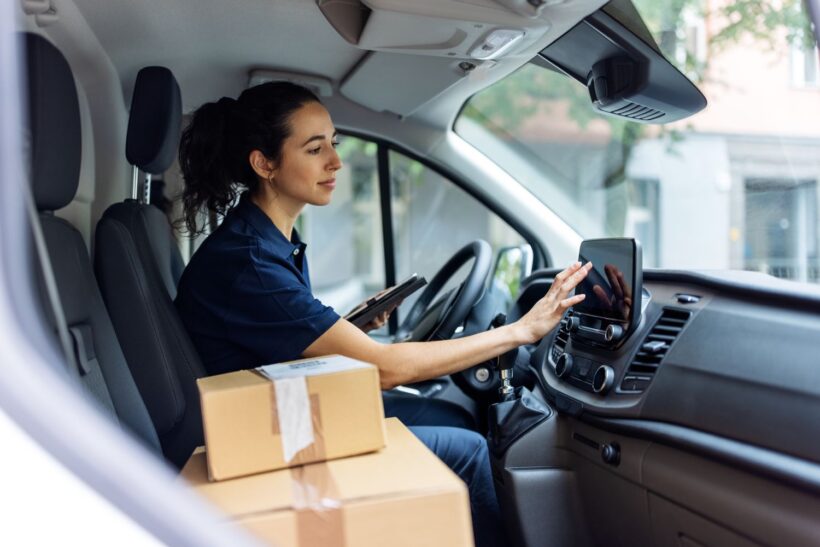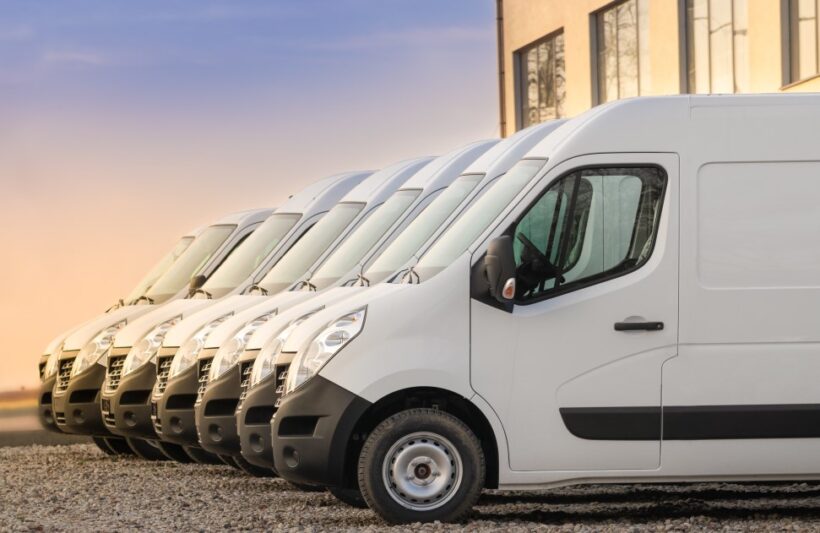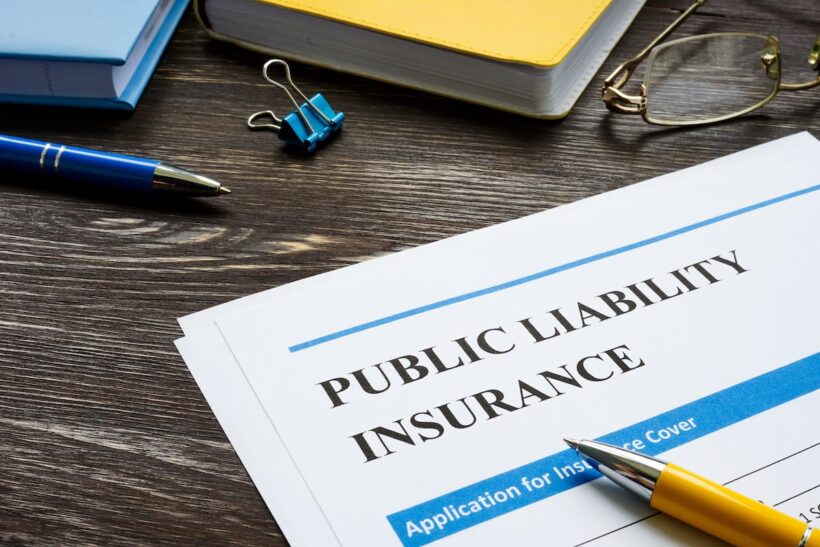Courier businesses are on the rise as the online retail industry booms. As of 2024, the number of digital buyers globally stood at a whopping 2.14 billion. All these people need the physical goods they order delivered to their doorsteps. The link between the eCommerce stores and the consumers is courier services.
Like any other business, courier services have associated risks. Your van can be involved in an accident, or the goods in transit can get damaged. The occurrence of such risks can result in huge losses, potentially destabilizing you financially. However, with courier insurance, you can receive financial help in compensating against losses. This article delves into the available courier insurance options, what they cover, and how to get one.
Types of courier insurance

You need several insurance policies that cover your courier business depending on your scale of operation and the goods you carry. Below is a detailed outline of some standard courier insurance covers you’ll need:
1. Courier van insurance
A courier van insurance is pretty similar to the conventional insurance policies for commercial vans, but it’s uniquely tailored to cover typical courier risks. Whether you’re using a motorbike, van, car, or lorry to transport goods, you must get insurance coverage. Remember, standard vehicle insurance doesn’t typically cover applications. So, don’t be caught off guard. Get reliable courier van insurance. Sites like zego.com provide online calculators you can use to get estimates of the monthly premiums you’ll be required to pay.
Typical courier insurance provides protection on three levels, as outlined below:
- Third-party only: This one only covers damage to third-party property or vehicles, and your car isn’t covered. It’s the minimum legal requirement in most jurisdictions.
- Third-party, fire, and theft: Besides covering third-party property and vehicles, it protects your delivery car against fire and theft.
- Comprehensive: These cover third-party risks as well as your vehicle in instances where you’re the culprit.
Comprehensive insurance should be your go-to option, but it generally costs more because of the insured risks. Weigh the pros and cons of each and choose the best option.
2. Courier fleet insurance

You may own more than one vehicle for your courier business. In this case, taking separate insurance coverage for each car may not be prudent. Getting fleet insurance for all your vehicles reduces the unit cost of insurance for each car. Moreover, you can include different vehicle types in the policy, be they cars, trucks, motorbikes, or vans. A good insurance company should also allow you to add or remove vehicles from the cover as your business expands or adjusts downwards.
3. Goods-in-transit insurance
Your client’s goods can get damaged while in transit. Firstly, temperature and humidity variations can significantly ruin the packaging and goods stored therein. Secondly, stacked items may succumb to undue pressure, especially if the road is too bumpy. Thirdly, improper handling during loading and unloading can damage the goods. The goods can also get stolen as you transport them.
Whatever the cause of damage or loss, a goods-in-transit insurance cover saves you from the financial liability for repair or replacement of the damaged items. However, these covers are limited to certain goods.
In most cases, the policy won’t cover dangerous goods, livestock, human remains, food, and perishables like flowers. And high-risk goods like electronics, precious metals, alcoholic beverages, and money may be more costly to insure. So, inquire keenly from your insurance provider to ascertain whether the goods you carry are covered.
4. Public liability insurance

When delivering goods to clients, you’ll typically interact with the public. The policy protects you in case your courier vehicle gets involved in an accident and causes damage in public areas. Public liability insurance covers personal injuries, death, property damage, and legal expenses.
5. Employer’s liability insurance
If you’ve employed more than one worker in your courier business, you must have employer’s liability insurance, as stipulated by the law. It protects your workers in case they get injured when your delivery cars get involved in an accident. It also covers workplace illnesses, injuries, and deaths.
In the U.S., if you don’t have this coverage, you may have to pay an additional fee of USD$110,000 in court cases when an employee sues you. Thus, getting the policy and saving yourself from such a colossal setback is wise.
How to get affordable courier van insurance
Every business aims at reducing overhead costs. If there’s a way to get cheaper but reliable insurance cover for your courier vehicles, don’t hesitate to go for it. Here are some tips for your consideration:
- Black Box policy: You can allow the insurance provider to monitor your driving habits to determine an appropriate premium. They’ll install a telematics device to monitor you remotely. Your premiums can reduce or increase depending on the data they gather.
- Become a member of a trade federation: Some insurance companies lower their rates for businesses that are members of trade federations.
- Install a dashboard camera: Recording raw video footage as you drive helps you prove who’s at fault in the case of an accident. Thus, insurance firms offer discounts for drivers with dashcams on their vehicles.
- Compare quotes annually: Companies roll out new offers every other year. So, you may want to avoid the auto-renew option, which may trap and lock you out of better deals. Compare quotes at the end of every year and decide whether to proceed with the same company or switch to a more affordable one.
- Try appropriate anti-theft strategies: If insurance firms see you’re trying your best to improve your vehicle’s security, they can reward you with lower premiums. So, you may want to install sensitive alarms, use a steering wheel lock, have a blue blinking light to scare thieves, install a car tracking device, or use a tiny discrete kill switch to completely shut off your vehicle in an emergency.
Proving to your insurance provider that you’re taking the necessary precautions to mitigate typical courier risks convinces them to lower your premiums.
Conclusion

Courier insurance is mandatory if you’re in the business of transporting goods to clients in various destinations. Besides the compulsory covers, you may want to take some optional ones, like goods-in-transit, for additional protection. Remember, the occurrence of a single risk is enough to destabilize you financially and potentially throw you out of business.
An insurance cover takes the financial liability off your shoulders, allowing you to proceed with your business. So, embark on a search for relevant courier policies and register.

